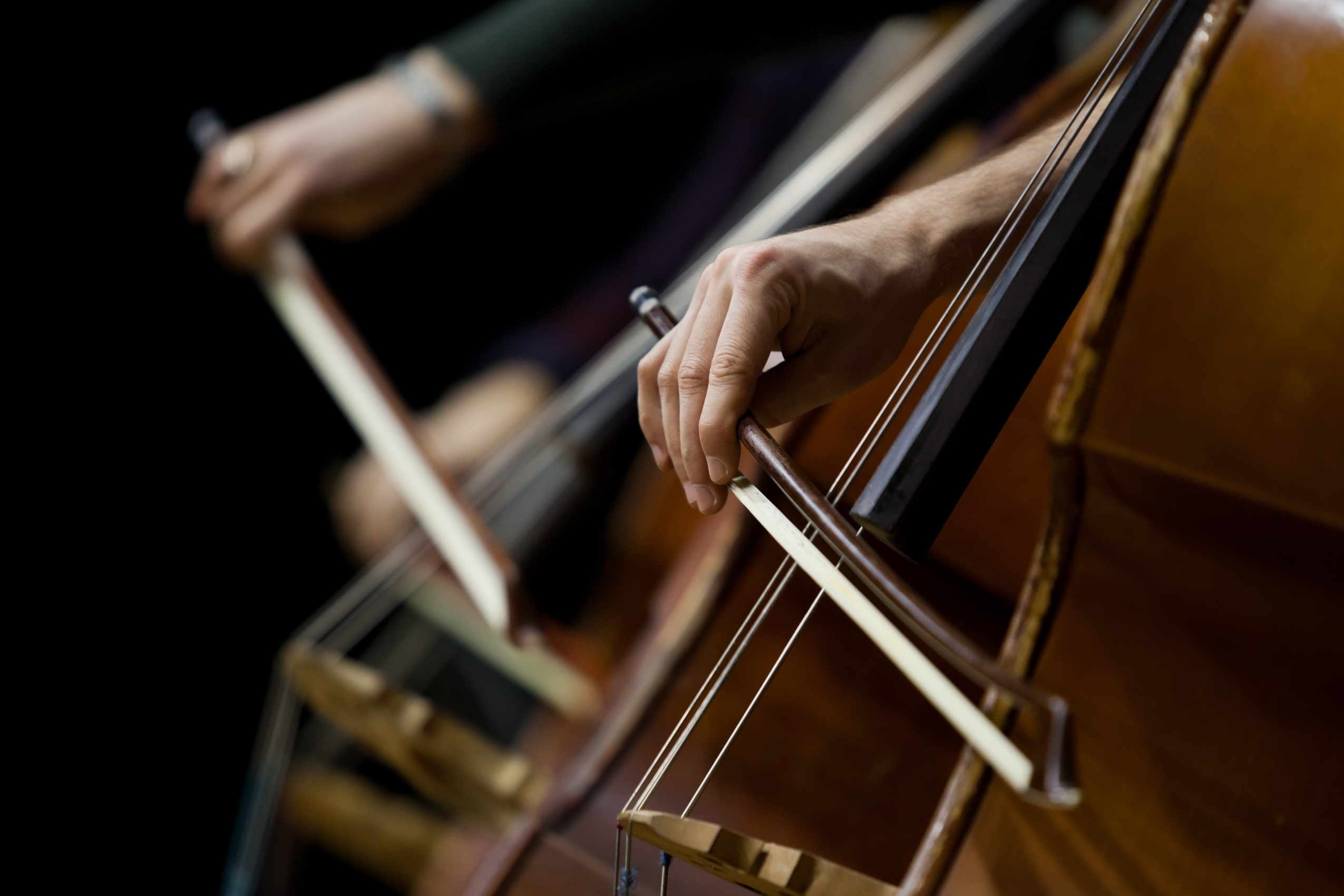Pernambuco wood served as the standard for violinists and premium bow makers for generations. Known for its elasticity, making it ideal for cambering, and superior density, this heartwood is considered perfect for its durability, quality, and versatility in the manufacture of violin bows. However, pernambuco is becoming scarce.
Found exclusively in Brazil’s Atlantic rainforest, the pernambuco supply for bow making has shrunk significantly due to deforestation, which has become an increasing problem over the last five centuries. Since pernambuco can thrive only when planted in this forest with a canopy of secondary forest vegetation to support its growth, it’s proven too difficult to try and raise the necessary trees for harvest elsewhere. As a result, pernambuco wood has become endangered.
Brazilian Government’s Attempt to Increase Pernambuco Protections
In 2022, the government of Brazil submitted a proposal to the Convention on International Trade in Endangered Species of Wild Fauna and Flora (CITES) asking to update its protections for pernambuco, moving it from Appendix II to Appendix I, which would effectively end commercial trading of pernambuco wood for violin bow making purposes. The move stems from a Brazilian investigation which uncovered the illegal cutting and trafficking of pernambuco bow blanks and raw wood.
At a CITES convention in November 2022, leaders from Brazil, the United States, the United Kingdom, Australia, Japan, and the European Union participated in a working group with key music industry stakeholders to reach an agreement. What was decided is that pernambuco wood will keep its Appendix II status, however key updates were agreed upon to increase protections. The signature update is that pernambuco bow shipments will require CITES permits to leave Brazil starting in the first quarter of 2023.
What Do the Updated Pernambuco Wood Bans Mean?
If you are a violinist who prefers playing with a wood bow, this means pernambuco will become even more scarce and expensive. In addition to the skyrocketing costs, there are travel restrictions to consider.
For musicians, since pernambuco wood is endangered and a CITES-listed wood, traveling with this bow type can be tricky. Even with documentation and permissions in place, all it takes is one aggressive U.S. Customs agent in the airport to mess up your travel plans.
While pernambuco wood supplies remain available, making it possible for bow makers to continue working with the wood in the short-term, it may just be a matter of time before another CITES update is made, making it so the wood is shifted to Appendix I protection. While pernambuco bows have been the preference for string musicians since the 1800s, it’s hard to imagine there will be many newly produced pernambuco bows by even the 22nd century.
Carbon Fiber vs. Using Pernambuco Wood Bows
As deforestation continues, some musicians are no longer interested in being associated with pernambuco, despite its many fine qualities, especially now that suitable alternatives are available. Bow makers, meanwhile, are anxious to work with proven alternatives to pernambuco.
One solution for musicians interested in increased sustainability without sacrificing the end result is using carbon fiber instead of pernambuco wood. Durable and long-lasting, carbon fiber, according to Innovative Composite Engineering, is five times stronger than steel, yet it’s lighter. With an intentional design from button to tip which allows for rich tonality and high-quality acoustics, carbon fiber bows have evolved to the point they have become a suitable rival to pernambuco. They are also increasing in popularity due to being more budget-friendly than endangered pernambuco bows.
The Superior Carbon Fiber Bow Choice
CodaBow uses a proprietary blend of organic and composite material infused under high pressure. The result? Our carbon fiber bows achieve unrivaled timbre, overtones and range, producing superior bow quality rival bow makers are not able to achieve with their products. If you are interested in trying a durable bow that rivals the quality of pernambuco, we invite you to visit your local CodaBow dealer or request an in-home trial to try out one of our award-winning carbon fiber violin bows today. Feel free to sign up on our email list for additional information about the Pernambuco Wood Ban today.



Stay Connected